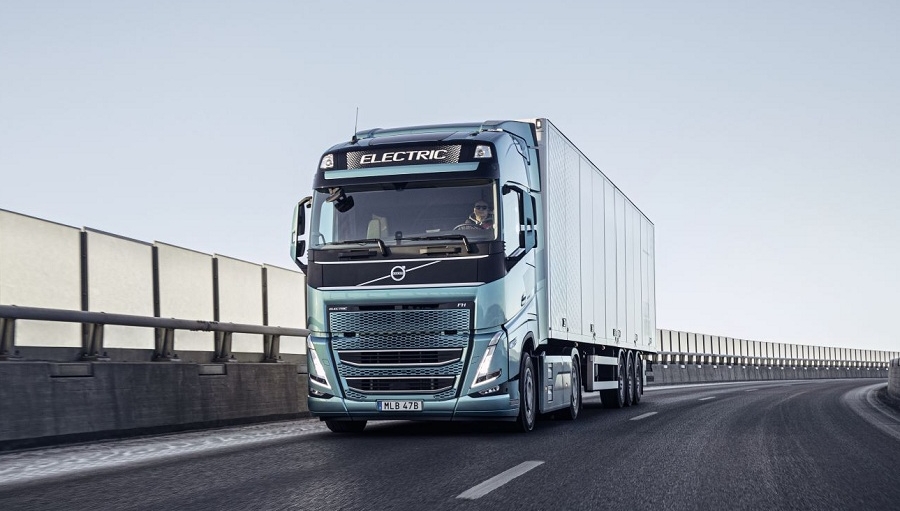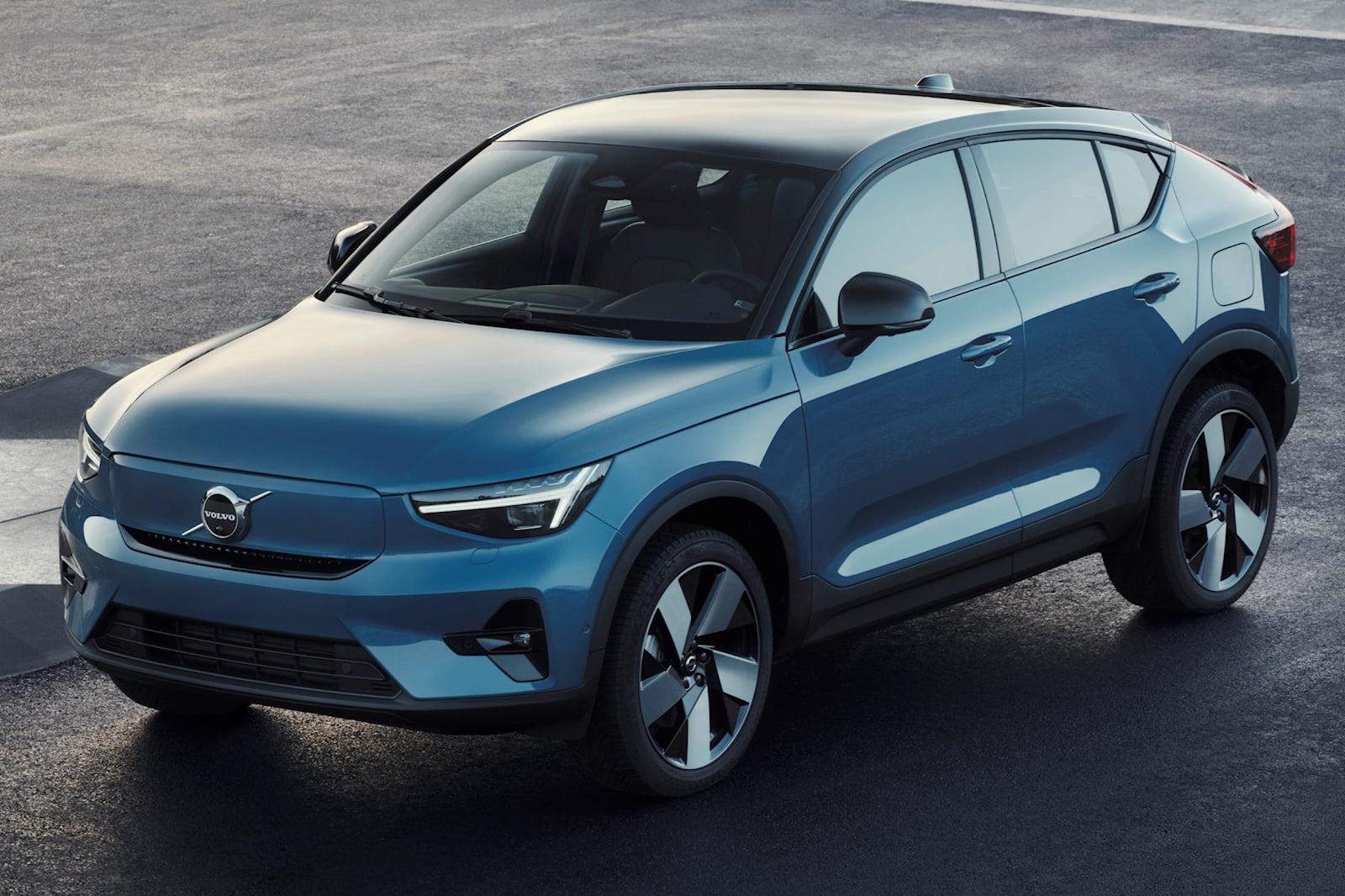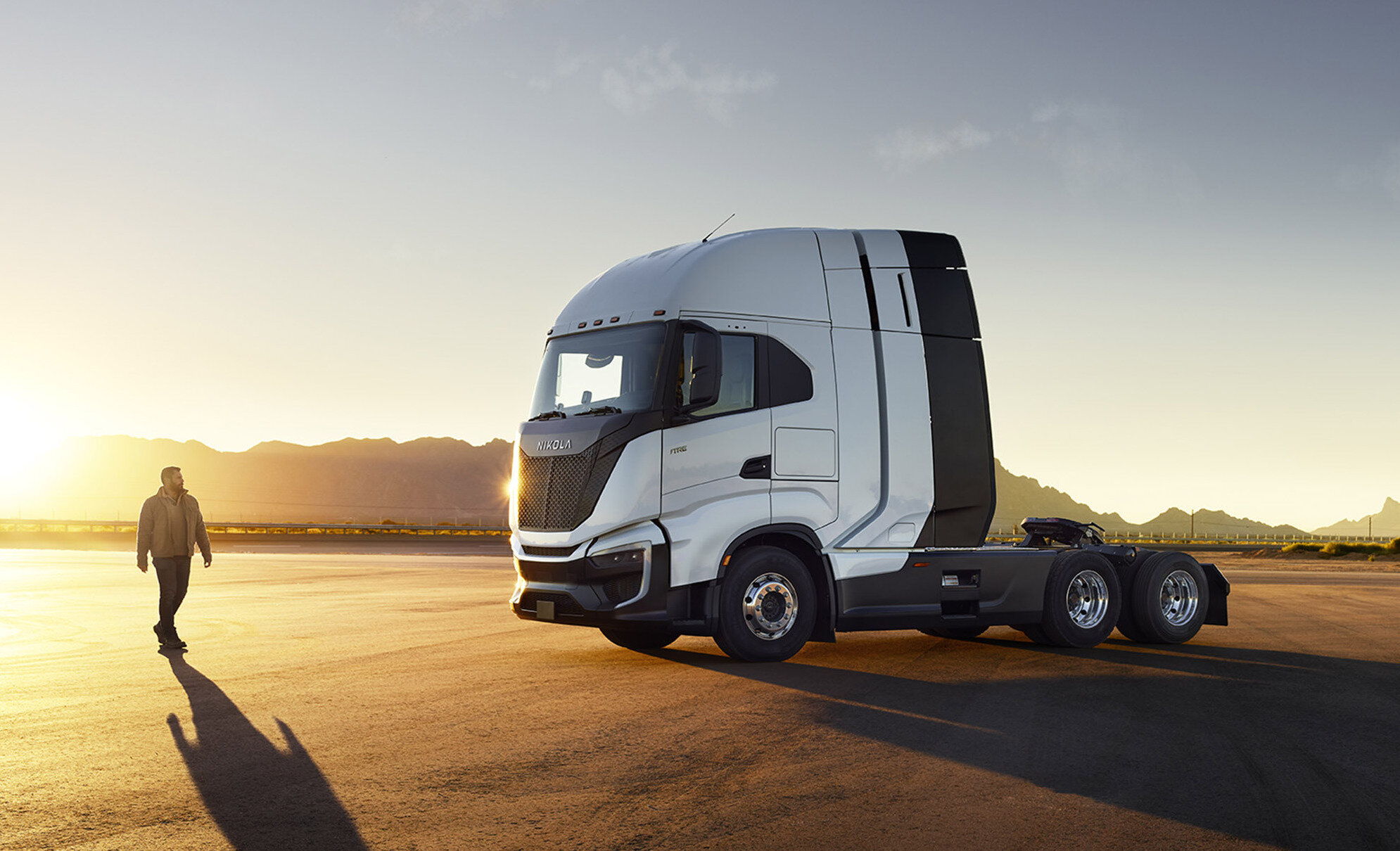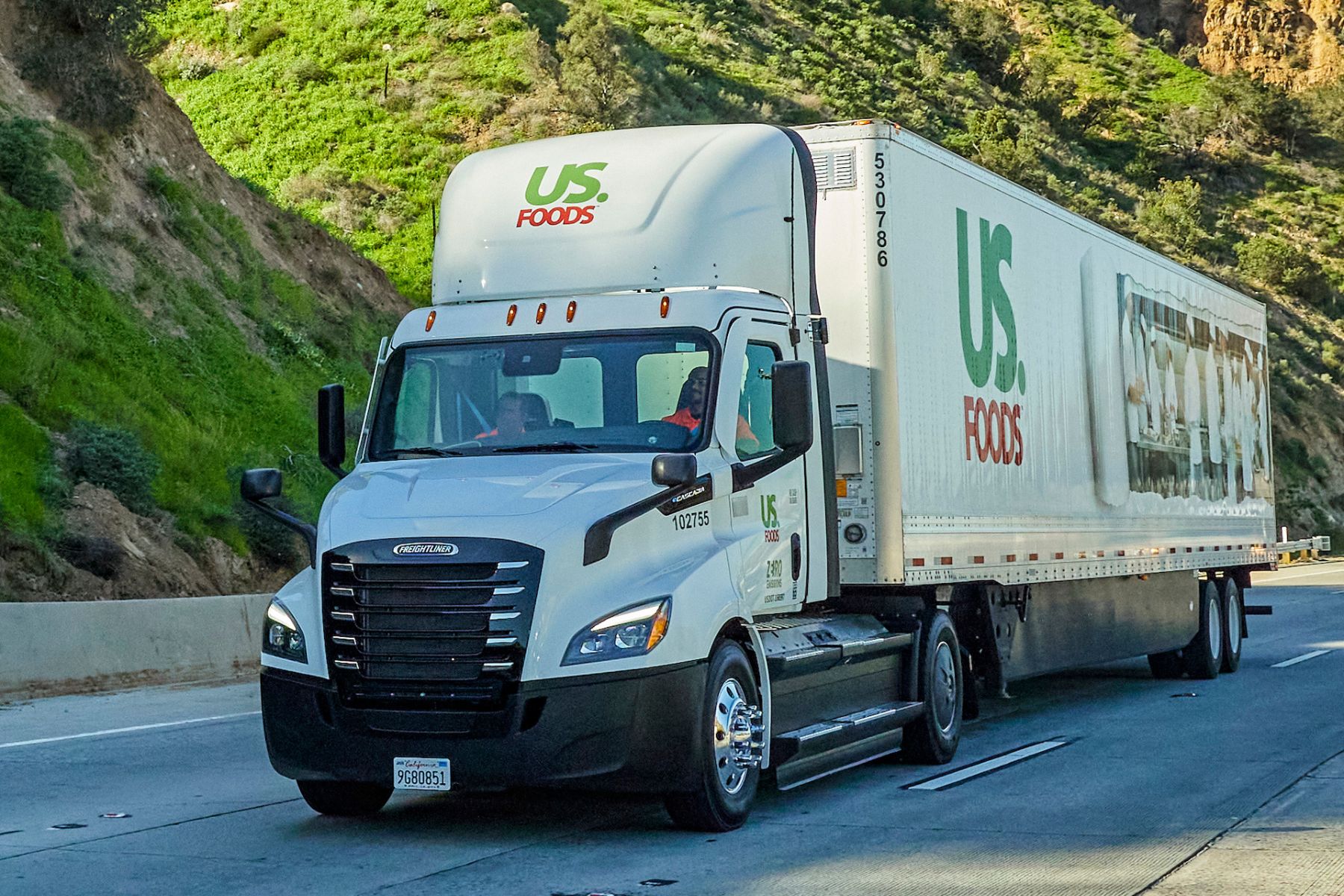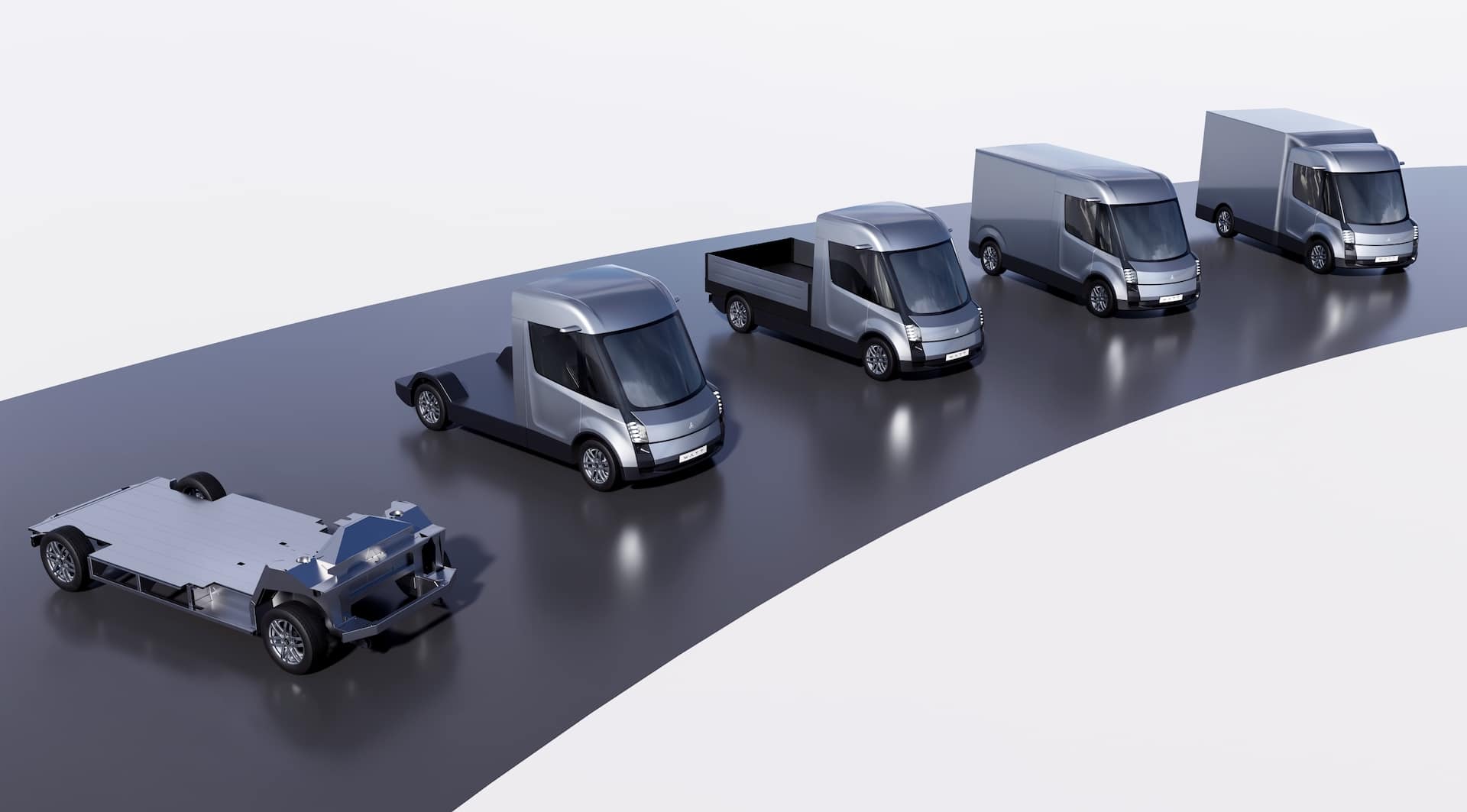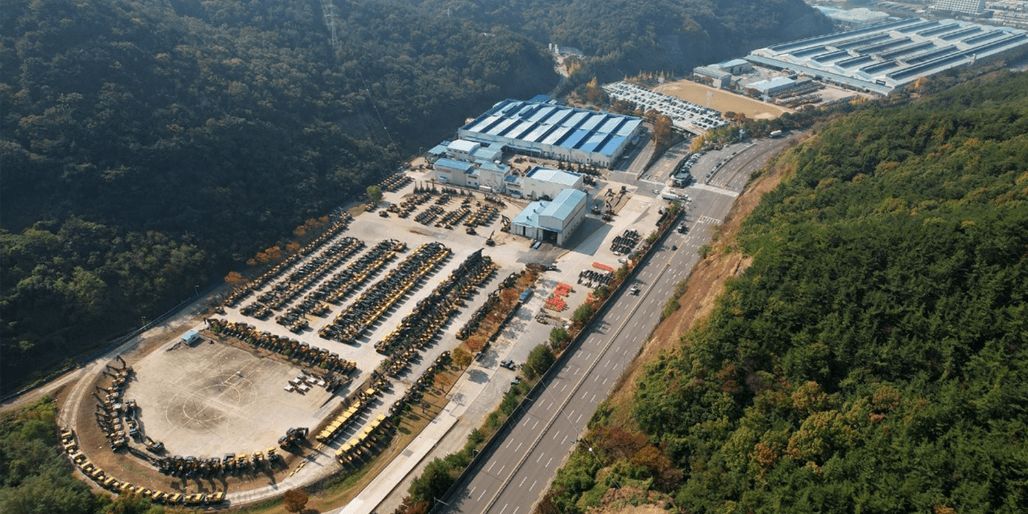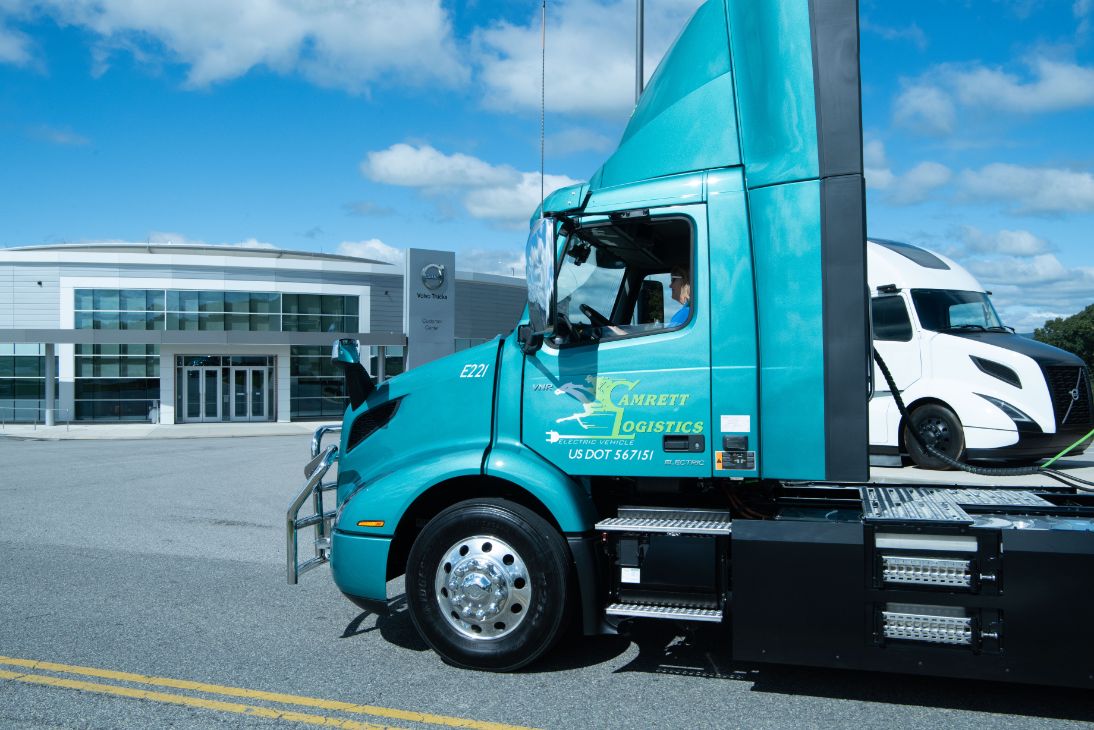Volvo Group Australia will produce all-electric trucks in its Wacol factory, Queensland’s largest vehicle manufacturing plant, starting in 2027. This decision follows the start of commercial production of heavy-duty electric trucks in Gothenburg, Sweden, and the approval to trial them on Queensland roads, just six months ago.
The commitment to manufacturing fully electric trucks in Australia aligns with Volvo’s success in receiving significant orders for electric trucks since introducing them in Australia in 2021. This development coincides with the ongoing dialogue about re-establishing an all-electric vehicle manufacturing industry in Australia.
See also: Australian freight company orders 36 Volvo FL electric trucks, range up to 300 km
Volvo’s Wacol facility has become the largest vehicle manufacturing plant in Australia. However, the ability and quantity of electric trucks that the facility can produce will be heavily influenced by design regulations that severely restrict the operation of vehicles on Australian roads.
Volvo Group Australia’s CEO, Martin Merrick, highlighted the current challenge at a recent seminar at the Australian National University in Canberra. According to Merrick, the current maximum truck width regulation of 2.5 meters means that every Volvo electric truck sold in Australia requires a special permit because it is 2.5 centimeters wider than the maximum limit.
Tesla is also facing a similar issue with their Semi electric truck, which has a width of 2.59 meters (the US maximum truck width is 2.6 meters). These design restrictions pose a significant challenge for the manufacturing and distribution of electric trucks in Australia.
See also: CEMEX Receives First Zero Emissions Electric Concrete Mixer Truck from Volvo Trucks
Volvo’s Vice President of Emerging Technology Business Development, Paul Illmer, indicated that the front axle weight is the primary limiting factor.
“It’s mainly the front axel weight that’s holding us back,” Illmer says. “It’s currently 6.5 tonnes but we would need that to be 7.1 to 7.5 tonnes to allow for the extra battery weight.”
Currently set at 6.5 tonnes, Illmer stated that the front axle weight needs to be increased to 7.1-7.5 tonnes to account for the extra weight of the battery. This restriction could limit the production of electric trucks at the Wacol facility.
See also: Volvo FH Electric 40-ton Semi-Trailer Truck Just Made 3,000 Km trip from Zurich to Valencia
In its Electric Vehicle Strategy submission to the Australian government, the Australian Trucking Association concurred with Volvo’s position. It suggests an immediate reform package for zero-emission vehicle design rules, including increased width and a zero-emission heavy vehicle mass concession, with further reform by 2030. These proposals could facilitate the production and operation of electric trucks in Australia.

